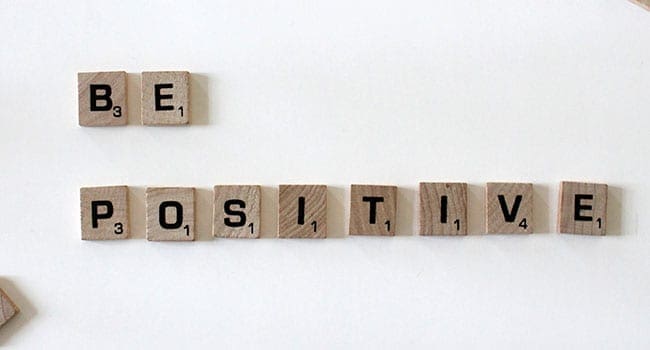 The German version of the popular 1980s song 99 Red Balloons, by Berlin-based band Nena, included the lyrics “99 Kriegsminister, Streichholz und Benzinkanister.” Translation: 99 war ministers, matches and petrol cans.
The German version of the popular 1980s song 99 Red Balloons, by Berlin-based band Nena, included the lyrics “99 Kriegsminister, Streichholz und Benzinkanister.” Translation: 99 war ministers, matches and petrol cans.
While the lines lose some poetry when translated into English, they sum up the sentiment and the reality of the era. Those of us who grew up in the Cold War era never knew when the match would be struck – or if tomorrow would exist.
As military information from this period becomes declassified, it’s very clear that we were right to fear for our existence. In 1983, NATO forces carried out exercises in Europe known as Exercise Able Archer. The Soviets, uncertain whether these were exercises or an actual military mobilization, went on alert.
This is just one example of how close the world came to nuclear war. In at least two other incidences, high-ranking Soviet and American military officers chose not to follow protocol and tell their commanders of system malfunctions warning of attack, thus averting nuclear catastrophe.
Despite the foreboding atmosphere of the Cold War, people on both sides of the Iron Curtain chose to believe in a better world. That activism, prevalent since the 1960s, really has changed the world.
American philosopher and activist Noam Chomsky believes our world is a much kinder place than it was 50 years ago. We no longer accept the levels of sexism, racism, homophobia and military aggression that were once so commonplace.
To illustrate, Chomsky points out how early 1960s American President John F. Kennedy participated in the nuclear arms race and brought his country into the conflict in Vietnam, wreaking havoc on that country. There was no opposition to the actions of his administration, and the United States ended up embroiled in a conflict that they could not win.
Fast forward 20 years to the Ronald Reagan administration. Reagan’s early displays of aggression in Central America were very similar to those of Kennedy in Southeast Asia. His plans for nuclear buildup were also similar to Kennedy’s. Reagan, however, was met with massive protests, and though great harm was inflicted, it was not nearly as bad as it could have been. This moment was my introduction to political activism.
What was especially empowering during this time was the knowledge that we were part of a global force. As the Solidarity movement grew in Poland, we realized that this was not a capitalist or communist issue. We realized that people are people, we all wanted to live in peace, harmony and prosperity, and we couldn’t be held back by walls.
Although we may have appeared powerless, we chose to believe in a better world. We protested, and when we didn’t know what else to do, we prayed for peace. In the end, activism, especially that of the brave people behind the Iron Curtain, brought an end to the Cold War. It really was nothing short of miraculous.
The same spirit exists today. Longtime activist Bernie Sanders nearly won the nomination of a major American political party with almost no corporate support. Efforts to increase global division are being met with massive protests and demonstrations of solidarity that cross all ethnic, political and religious lines.
There are still reasons to be concerned about the future of humanity. However, when we confront propaganda with truth, when we reach out to one another in a spirit of co-operation and understanding, when we look at how far we have come, we realize that ordinary people are a powerful force for good.
And good can overcome war ministers, matches and petrol cans.
Gerry Chidiac is an award-winning high school teacher specializing in languages, genocide studies and work with at-risk students.
The views, opinions and positions expressed by columnists and contributors are the author’s alone. They do not inherently or expressly reflect the views, opinions and/or positions of our publication.


